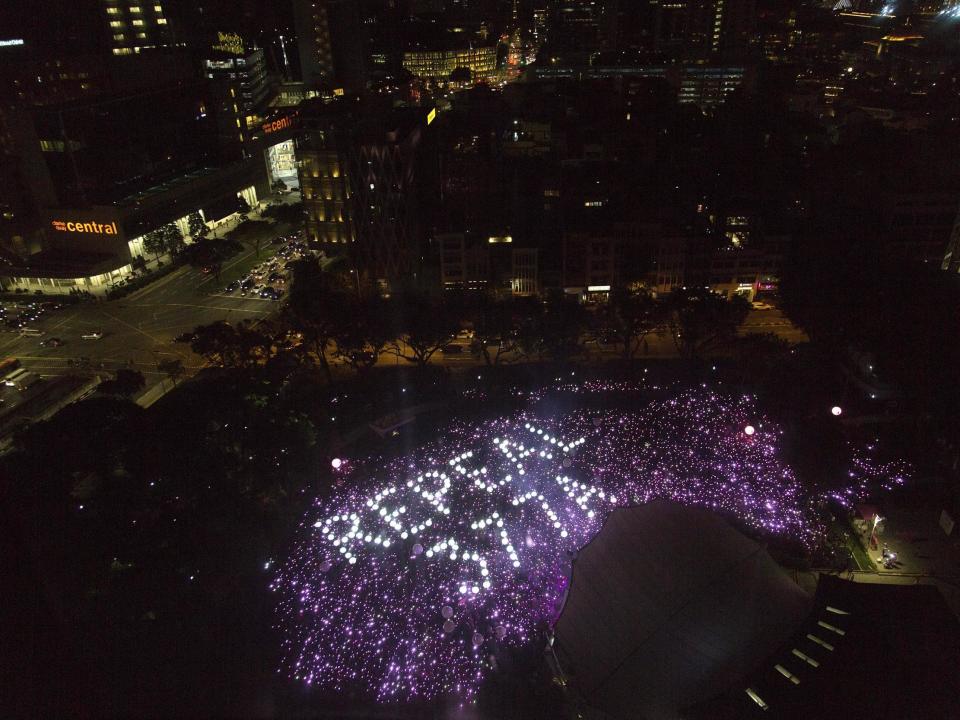Singapore high court upholds law criminalising gay sex

Singapore’s top court has upheld a colonial-era law that criminalises gay sex, dismissing three appeals that argued it was unconstitutional.
The presiding judge said that the legislation was “important in reflecting public sentiment and beliefs” in the city-state – despite it being rarely enforced.
Under Section 377A, men found guilty of homosexual acts in public or private can be jailed for up to two years.
Bryan Choong, one of the three men who challenged the law, said he was disappointed by the ruling. “But my eyes are firmly on the road ahead,” he told Reuters.
A lawyer for one of the other complaints described the ruling as “arbitrary” and “shocking to the conscience”.
Prime Minister Lee Hsien Loong has previously said that society in Singapore “is not that liberal on these matters”.
Previous attempts to repeal the legislation in 2014 also failed after a gay couple’s challenge was dismissed by Singapore’s Court of Appeal.
The latest efforts to decriminalise gay sex came after a prominent Singapore diplomat urged campaigners to challenge the city-state’s law following the Indian Supreme Court’s decision to strike down similar legislation in 2018.
Law minister K. Shanmugam said a “growing minority” were in favour of repealing the law, with polls in Singapore suggesting that societal attitudes towards homosexuality have softened in recent years.
Section 377A was first introduced in 1938 by British colonial rulers, though Singapore’s leaders have repeatedly refused to remove it.
In Monday’s ruling, Judge See Kee Oon said that non-enforcement of the law did not render it redundant.
The court concluded the legislation was constitutional because it did not violate articles regarding equality and freedom of speech.
Same-sex relations remain illegal in 70 countries around the world, with a large number of these countries in Africa.
Many of the states criminalising gay sex are Commonwealth countries and continue to enforce legislation adopted under British colonial rule.
In 2018, former British prime minister Theresa May said she deeply regretted the country’s role and “the legacy of discrimination, violence and even death that persists today”.
Read more
How India brought an end to the criminalisation of its LGBT+ community
